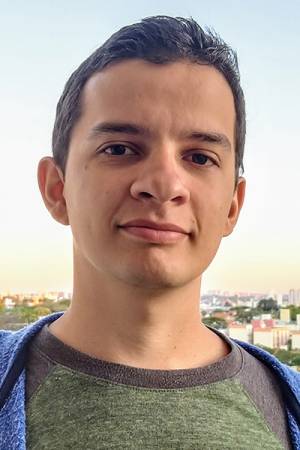
Title: SuperLoop: a LIDAR-based SLAM Back-end for Underground Exploration
Abstract:
Robots deployed in underground scenarios require a SLAM system that can handle a variety of challenges, such as the absence of GPS, large scale maps, bad illumination, and geometrically degenerate environments. It is nearly impossible for any SLAM solution to handle all these challenges perfectly, specially if the robot is exploring its environment for the first time. In this case, the SLAM system must adapt to the diverse scenarios it finds and recognize any eventual failure so the other robot modules can handle it appropriately. Therefore, it is imperative to design fail-aware SLAM systems. A common architecture for modern SLAM systems is to separate a sensor-dependent front-end algorithm from a back-end based on pose graph optimization (PGO). In these cases, the PGO needs to estimate the uncertainty of the relative keypose transformation generated by the front-end. However, important state-of-the-art LIDAR-based odometry algorithms do not provide this information at all. This work proposes an algorithm that can estimate this uncertainty by analysing only the sequence of odometry poses produced in the keyframe window and comparing them to the gyroscope and accelerometer readings of an inertial measurement unit (IMU). This uncertainty estimation (UE) algorithm is used to build a complete SLAM solution, with LIDAR-inertial SuperOdometry as the front-end, and a PGO back-end. Additionally, underground place recognition capabilities are added this back-end via a slightly modified ScanContext descriptor. The UE algorithm is tested with the use of simulated and motion capture data, due to the availability of a ground-truth in these cases. The back-end SLAM system, named SuperLoop, is tested with data from wheeled robots exploring an abandoned hospital. The results show that the proposed UE algorithm may be better than using a constant diagonal covariance, as is common practice. It is also shown how it can detect odometry failure cases and may fix them before they contaminate the back-end.
Committee:
Prof. Sebastian Scherer (advisor)
Prof. Michael Kaess
Jay Patrikar
